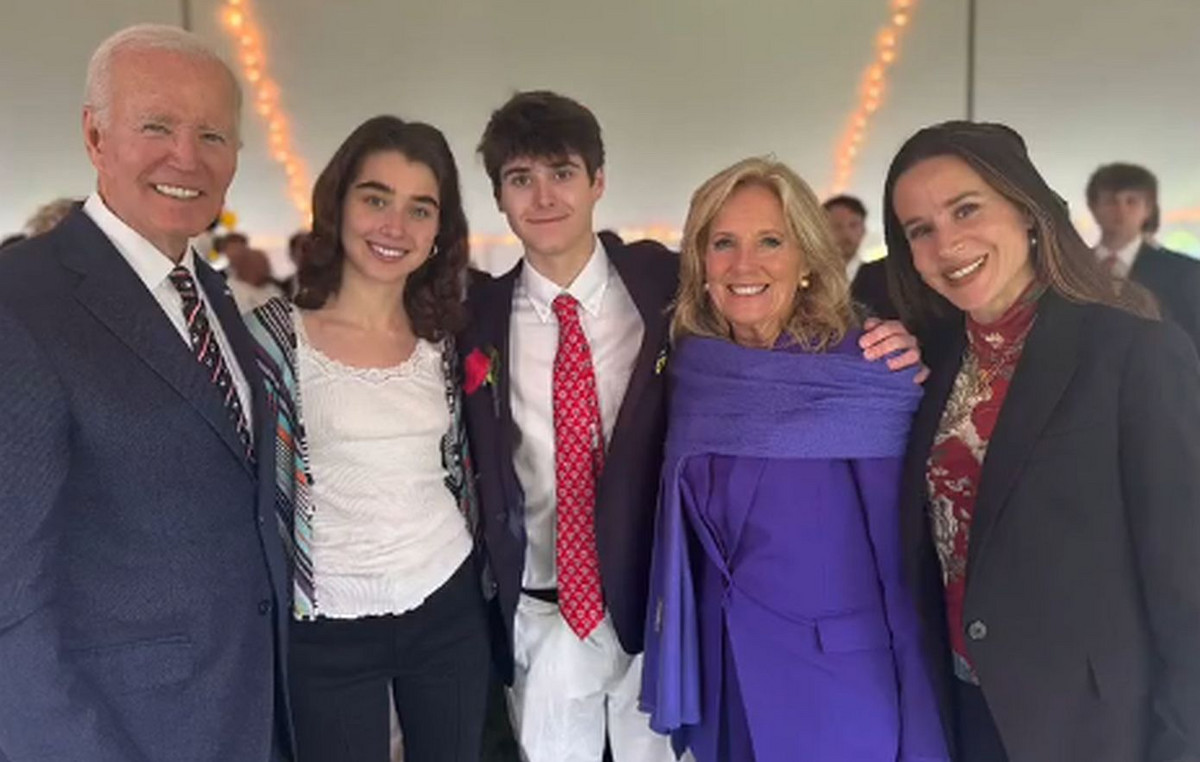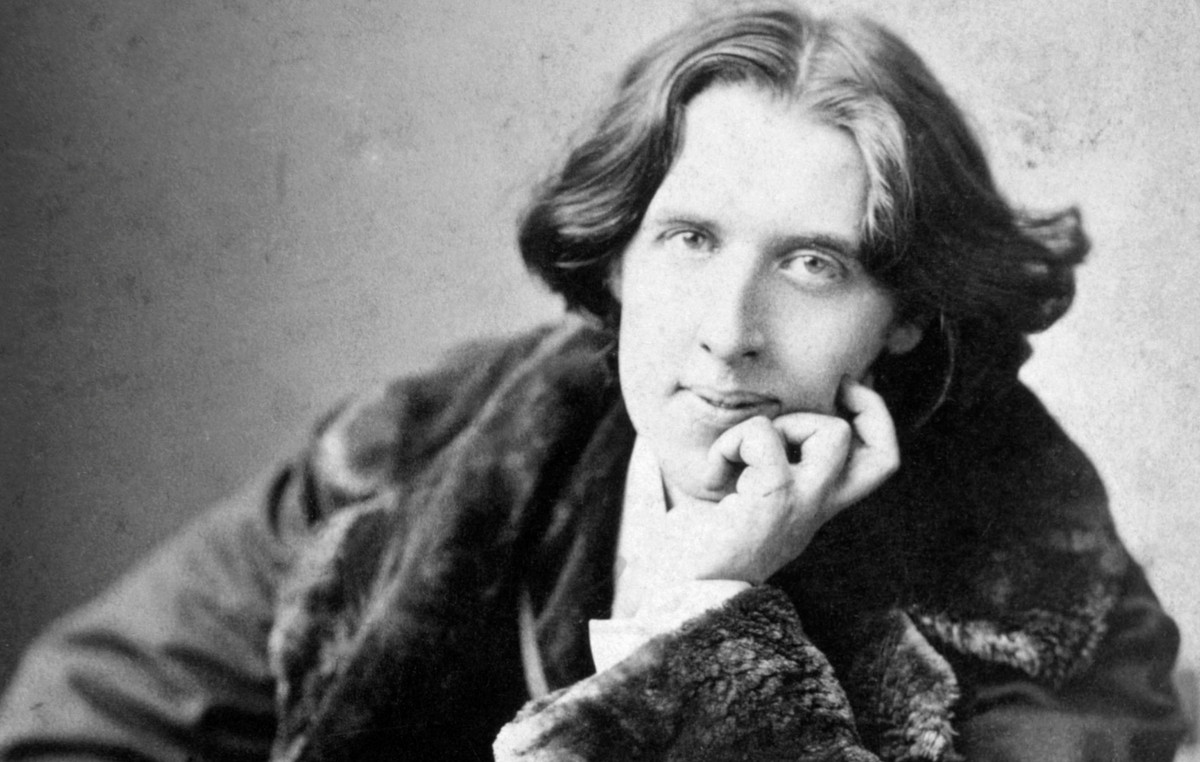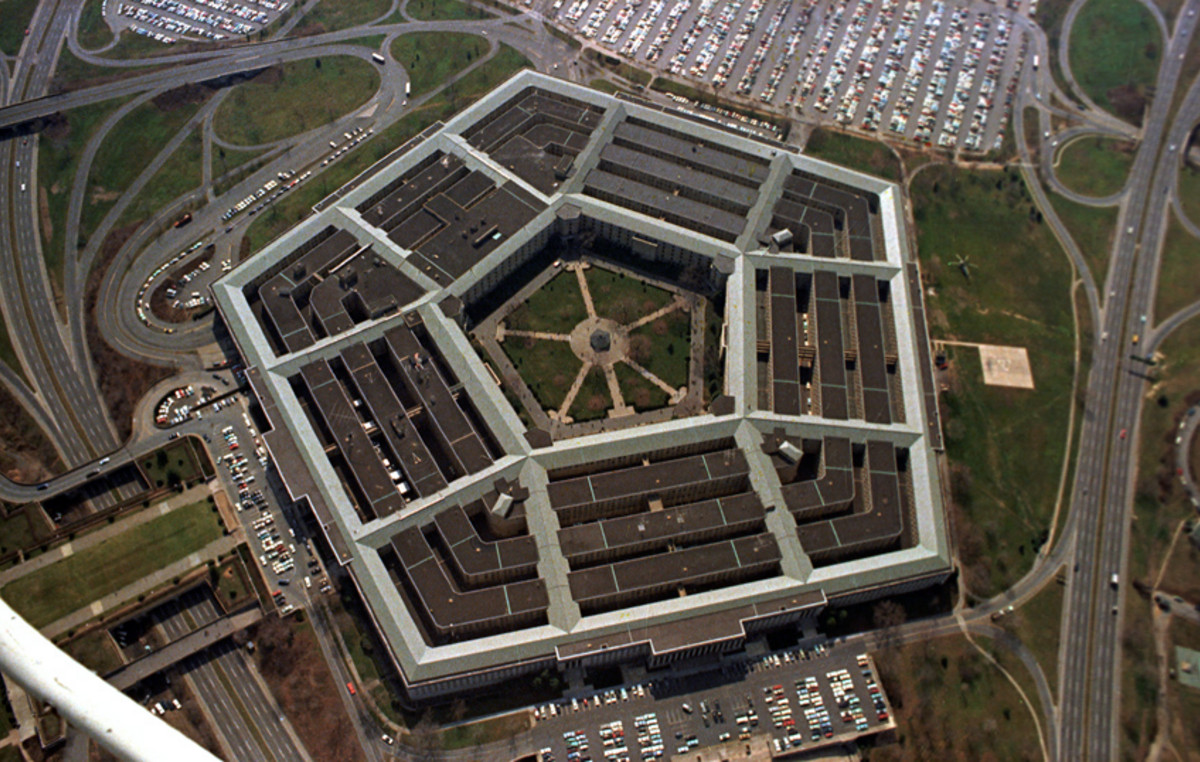French President Emmanuel Macron and his far-right opponent Marine Le Pen clashed Wednesday night in a televised debate that exposed their differences as they prepare to face off in the presidential runoff on Sunday.
The centrist incumbent defended heavy investment in French industry and an uncompromising commitment to the European Union. Le Pen, leader of the far-right National Rally party, presented himself as the voice of a public struggling with a cost-of-living crisis.
Le Pen, who lost to Macron in the 2017 runoff, said she was “obliged to be the people’s spokesperson” and promised to be “the president of sovereignty”.
“My absolute priority for the next five years is to give money back to the French people,” she said, repeating her campaign pledge to reduce VAT (value-added tax) on energy and fuel.
The candidates’ relations with Russia sparked heated debate during the nearly three-hour debate broadcast on TF1 and France 2, with Macron highlighting a loan to a Russian bank that Le Pen’s party is still paying off.
“You’re not talking to other leaders, you’re talking to your banker when you’re talking to Russia. That’s the problem, Ms. Le Pen,” he said.
Le Pen has favored Russian President Vladimir Putin in his speeches, now considered an outcast in the West for his attack on Ukraine. Le Pen visited the Russian leader during his 2017 presidential campaign, but this time, she was forced to discard a promotional flyer with a photo of her and Putin taken during the trip.
Le Pen’s previous aversion to NATO – she has already promised to withdraw France from the alliance – could also be a risk, as recent polls show most people interviewed support France’s involvement.
On Ukraine, Le Pen fully supported his opponent’s material support for the country, as well as sanctions against Russia – except for the ban on Russian oil and gas imports.
“I don’t think it’s the right method, that’s not what will actually harm Russia. And above all this will do enormous damage to the French people,” she said.
Macron added that Russia is taking a “suicidal” course of action in Ukraine, although he refused to label Moscow’s actions in the country as “genocide”, leading to an invitation by Ukrainian President Volodymyr Zelensky to come and see the evidence for yourself.
Out of reach?
Throughout the debate, Le Pen portrayed Macron as a leader out of touch with voters, claiming he was unaware of the plight of health workers before Covid-19 as he promised more investment in health.
Elsewhere, Le Pen called Macron a “climate hypocrite” for following climate policies, such as encouraging consumers to buy electric cars, which she said were financially beyond the reach of many French people.
“We should have a (energetic) transition, but that should be, over time, much slower than what we are imposing on the French to allow them to deal with it,” Le Pen said.
Macron’s dogged defense of France’s commitment to the European Union was also a hot topic in the debate.
The president argued that the European Union works in France’s favor, especially in the face of markets such as the US and China, whose populations far exceed his own.
“That’s where Europe is useful for us. When Google comes and attacks us in our market, who comes and helps us? The Europe. And when these big groups don’t pay their taxes in our countries, what allows us to fight back? Europe.”
Le Pen, who in the 2017 elections called for France to leave the EU, softened his stance, promising a reform of the bloc and an “alliance of nations”.
Le Pen also returned to one of his core policies: banning the wearing of hijabs in public.
“I think the headscarf is a uniform imposed by Islamists,” she said. “I think the vast majority of women who wear one can’t do otherwise in reality, even if they don’t dare say so.”
Macron accused her of creating a “system of equivalence” between Islam, terrorism and foreigners that “would create a civil war”.
The dispute between Macron and Le Pen is expected to be fierce.
Candidates cannot campaign the day before the vote, or on election day itself, and the media will be subject to strict reporting restrictions from the day before the election until polls close at 8pm on Sunday in France.
Source: CNN Brasil
I’m James Harper, a highly experienced and accomplished news writer for World Stock Market. I have been writing in the Politics section of the website for over five years, providing readers with up-to-date and insightful information about current events in politics. My work is widely read and respected by many industry professionals as well as laymen.





